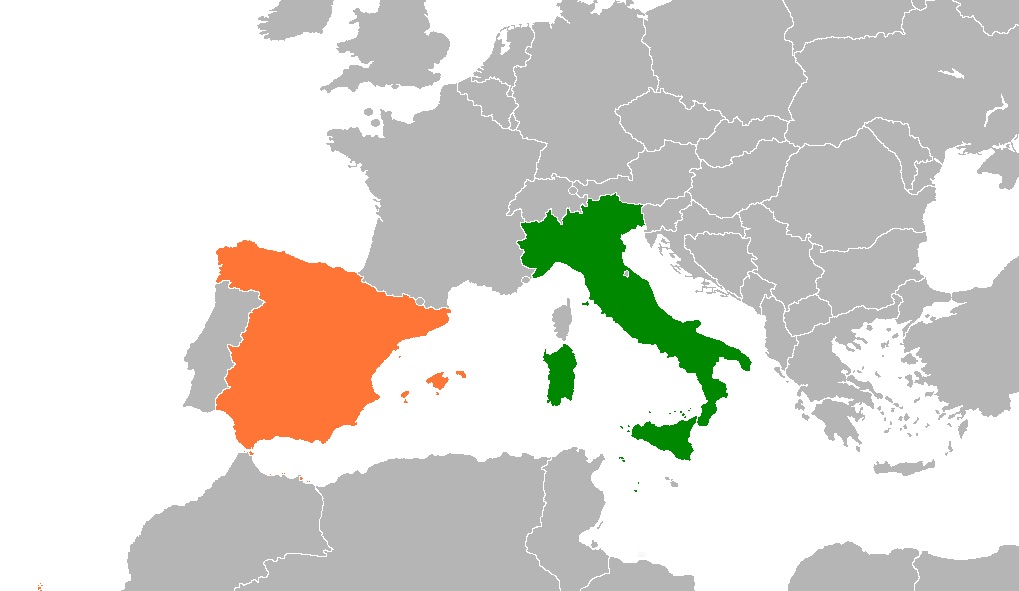Both the Italian and Spanish tile sectors are currently experiencing downturns, according to the Italian CeramicWorld Web publication.
After five years of uninterrupted growth, the Italian ceramic tile industry experienced a downturn in 2018 – with production, sales and exports all seeing falls of between 2% and 3%.
Figures published by Confindustria Ceramica and Prometeia point to a 2.8% decline in production. Total sales fell to 410 million square metres (compared to 422 million square metres in 2017). There was also a 2.9% fall in exports from 338 million to 328 million square metres and a 2% contraction in domestic sales to 82 million square metres.
Confindustria Ceramica chairman Giovanni Savorani said: “International trade in all sectors is being affected by the rise in trade tensions at a global level, particularly between the United States and China, and the consequent sense of uncertainty amongst consumers and professionals. The countries that are worst affected by the situation are those with a strong export activity and a high public debt, both of which are conditions that apply to Italy”.
According to Confindustria Ceramica, Spain, a strong competitor, benefits from much lower labour costs as well as much less stringent environmental regulations.
However the slowdown in demand in world markets is having an impact on the Spanish ceramic tile industry as well. Following 5.9% growth in total turnover in 2017 to 3.51 billion euros, the forecasts for 2018 announced at the beginning of the year have now been revised downwards to 2%.
Vicente Nomdedeu, Chairman of ASCER (the Spanish Ceramic Tile Manufacturers Association) said: “We’re seeing a general slowdown in exports, including a particularly severe decline in several important markets,” continued Nomdedeu. “Saudi Arabia is definitely one of these”.
The UK was also highlighted as a market in which Spanish exports had declined (by 2% in the first nine months of 2018). This was attributed to uncertainty surrounding Brexit.









